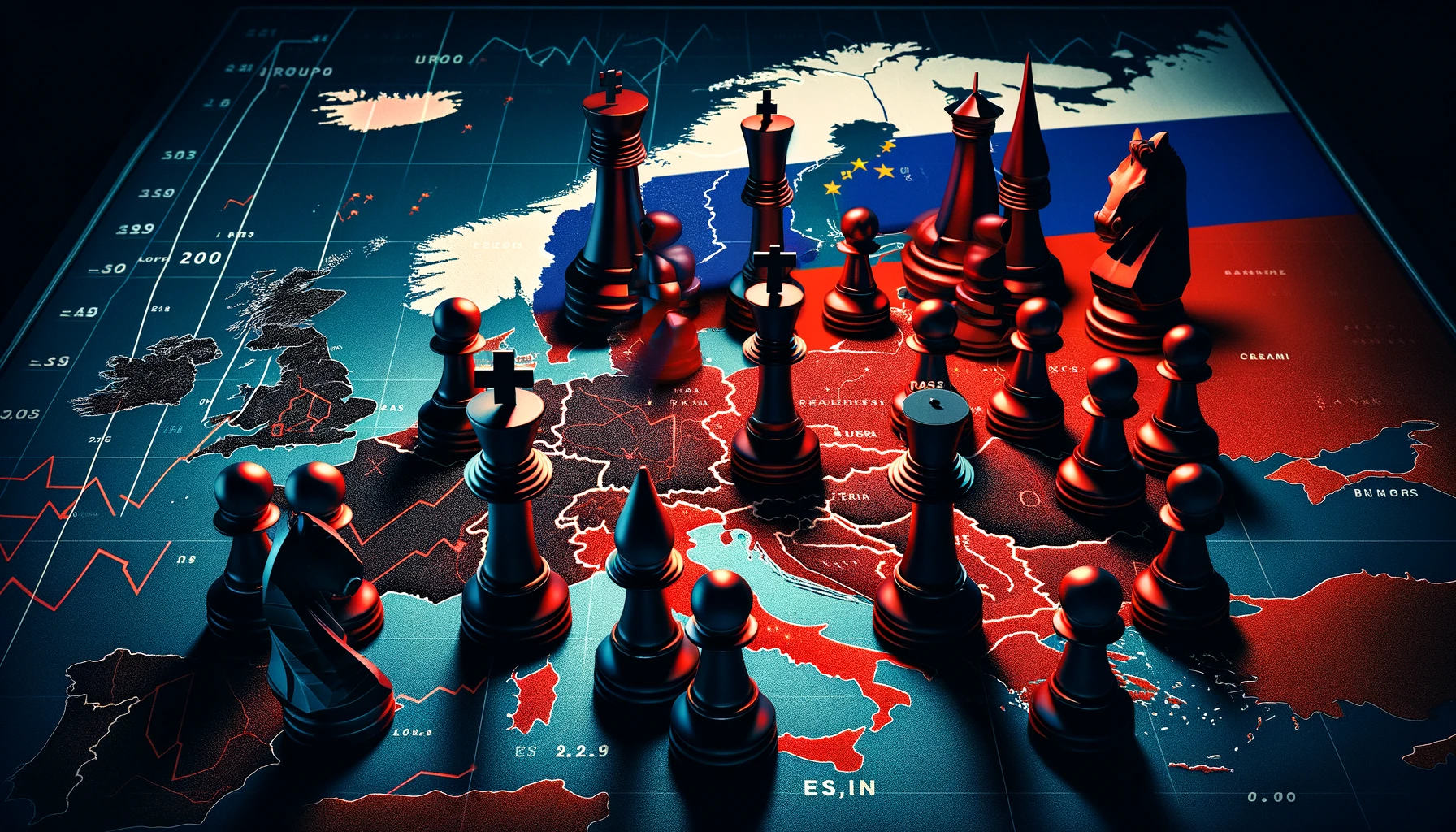European security agencies are sounding the alarm over an escalating threat from Russia, which appears to be orchestrating a series of violent acts designed to wreak havoc across the continent. With a disturbing uptick in covert operations, including bombings, arson, and systematic infrastructure sabotage, Russia’s latest maneuvers signal a deepening confrontation with the West.
Unseen Warfare on European Soil
According to recent intelligence assessments from three European countries, there’s a notable shift in Russia’s tactics. The Kremlin, once cautious, now orchestrates attacks with increasing boldness and frequency, showing scant regard for civilian lives.
In a chilling revelation, Germany’s head of domestic intelligence, Thomas Haldenwang, shared concerns at a security conference about Russia’s intensified sabotage activities. He pointed out that these acts are not only more frequent but are also characterized by their high potential to cause significant damage.
This heightened activity is evidenced by several recent incidents that have rattled European nations. In Germany, two individuals, both of German-Russian descent, were detained under suspicions of plotting attacks against military and logistical infrastructures. Over in the UK, authorities charged two men with initiating a fire in a warehouse storing aid for Ukraine, alleging that they operated under Kremlin orders.
Meanwhile, Sweden and the Czech Republic are investigating railway mishaps and damage to railway signaling systems, respectively, suspecting these to be acts of Russian-engineered sabotage. Even more unsettling are the attacks in Estonia targeting a government official and journalists, believed to be the handiwork of Russian operatives.
A Coordinated Campaign of Chaos
The string of incidents across Europe isn’t just isolated or random acts of mischief; rather, they represent a coordinated campaign orchestrated by Moscow. This strategy was highlighted by a senior European government official who noted that the intelligence shared through NATO points to a deliberate, large-scale effort by Russia to destabilize Europe.
NATO has expressed its concern about these malign activities, indicating an intensifying campaign by Russia across the Euro-Atlantic area. These actions are part of a broader Russian strategy that not only focuses on physical sabotage but also encompasses disinformation campaigns and cyber warfare. Germany, backed by the EU and NATO, recently promised repercussions for Russia following a cyber-attack targeting the social democratic party.
The ongoing scandal involving Russian attempts to influence far-right European politicians ahead of the upcoming elections adds another layer to the Kremlin’s multi-faceted offensive. This reflects a Russian objective to exert maximum pressure on Europe through a variety of channels, whether it be through misinformation, cyber-attacks, or physical sabotage.
Amidst these developments, Russia’s intelligence network is reportedly making concerted efforts to rebuild its influence in Europe. This comes after a significant setback when over 600 Russian operatives, previously under diplomatic cover, were expelled following the full-scale invasion of Ukraine. This reconstitution involves not only traditional spycraft but also the engagement of Russian diaspora communities and links with organized crime groups long affiliated with Moscow.
With Europe on high alert, the recent incidents serve as a stark reminder of the ongoing threat posed by Russia. Questions linger over unexplained events like the explosion at a munitions factory in Wales and a massive fire at a Berlin factory linked to arms supplies for Ukraine. These events are not merely isolated incidents but part of a broader Russian agenda to probe European defenses and prepare for potentially more disruptive actions.





